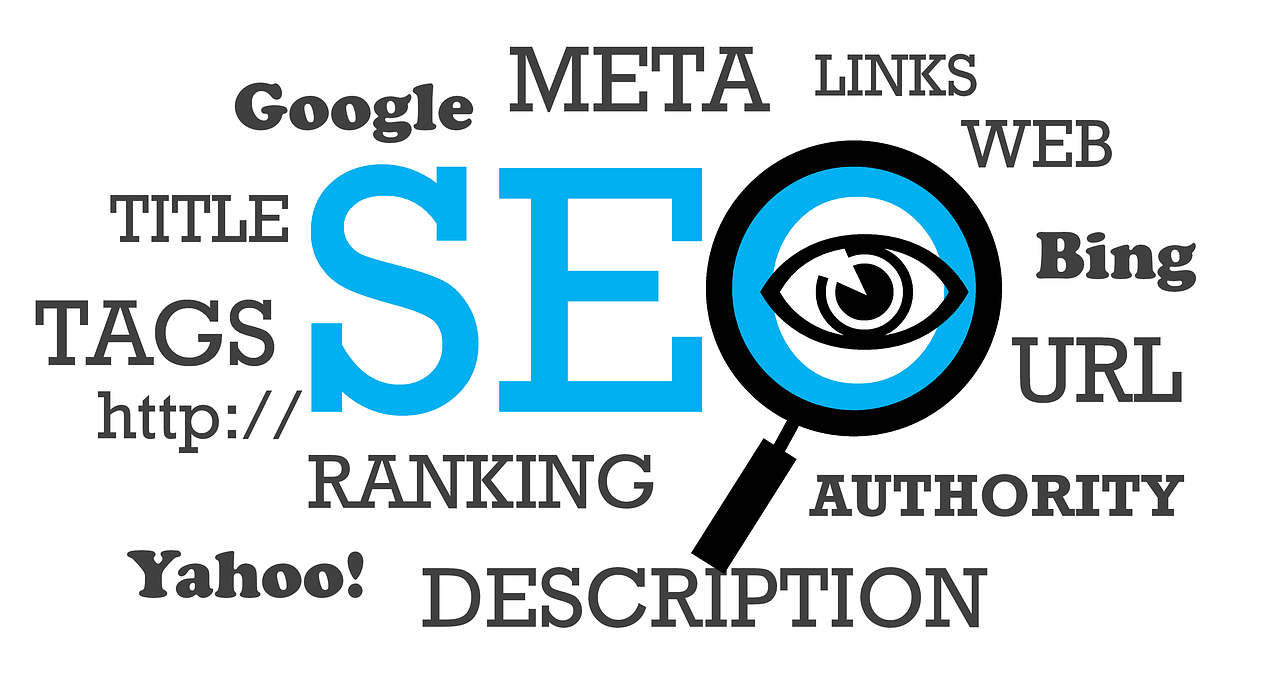

SEO Meta Titles
As you're browsing the internet, you're likely to have come across Meta Titles at some point. They're the clickable headlines that show up in search engine results pages (SERPs) and give you an idea of what to expect when you click on a link.
Meta Titles play a crucial role in search engine optimization (SEO) as they help search engines understand what your page is about and rank it accordingly. In this article, we'll delve deeper into the importance of Meta Titles and how to craft compelling ones that drive traffic to your website.

What Are Meta Titles?
Meta Titles, also known as title tags, are HTML elements that describe the content of a web page. They appear as the clickable headlines on search engine results pages and provide a concise summary of the content on the page.
Meta Titles should be between 50-60 characters long, including spaces, and should contain relevant keywords to help search engines understand what your page is about. They also provide a brief glimpse into what the user can expect from the page they're about to visit.

Why Are Meta Titles Important?
Meta Titles are one of the most critical elements of on-page SEO. They help search engines understand what your page is about and rank it accordingly in search results.
A well-crafted Meta Title can also improve click-through rates (CTR) by catching the user's attention and encouraging them to click on your link instead of a competitor's link. A high CTR can lead to more traffic, which can ultimately lead to more conversions and revenue.
How to Craft Compelling Meta Titles?
Crafting a compelling Meta Title can be challenging, but it's worth the effort. Here are some tips to help you create Meta Titles that drive traffic to your website:

Use Relevant Keywords: Incorporating relevant keywords into your Meta Title helps search engines understand what your page is about and rank it accordingly. Use Google's Keyword Planner tool to find keywords that are relevant to your content and incorporate them into your title.
Keep It Concise: As mentioned earlier, Meta Titles should be between 50-60 characters long. Keeping your titles concise and to the point makes it easier for users to understand what your page is about and improves CTR.
Be Descriptive: Your Meta Title should accurately describe the content of your page. Avoid using clickbait titles that are misleading or irrelevant to your content.
Use Numbers: Using numbers in your Meta Title can make it more compelling and stand out from the competition. For example, "10 Tips for Writing Compelling Meta Titles" is more attention-grabbing than "Tips for Writing Meta Titles."
Make It Unique: Avoid duplicating Meta Titles across different pages on your website. Each Meta Title should accurately describe the content of the page and be unique to improve your website's overall SEO.
Test and Refine: Monitor your website's analytics to see how your Meta Titles are performing. If you notice a low CTR, try changing your titles and testing different variations until you find a formula that works.
Conclusion
In conclusion, Meta Titles are a critical element of on-page SEO that can make a significant impact on your website's traffic and revenue. By incorporating relevant keywords, keeping titles concise and descriptive, using numbers, making them unique, and testing and refining, you can craft Meta Titles that drive traffic to your website and improve your search engine rankings.